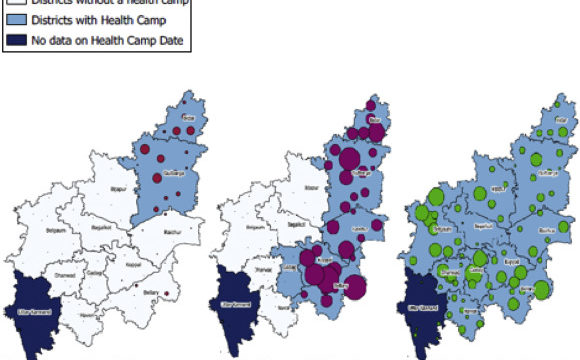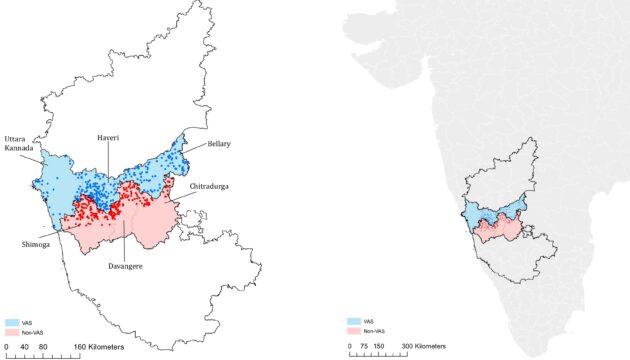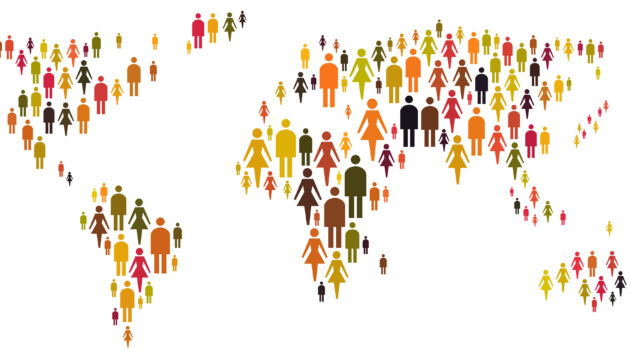Global Health
Our work in Global Health
-
LiveMint: How Inequality Works
Inequality is not the same thing as unfairness; and, it is the latter that has incited so much political turmoil in the rich world today, says Angus Deaton
Categorized in -
Government Health Insurance and Spatial Peer Effects: New Evidence from India
Neeraj Sood and his colleagues examines the diffusion of healthcare in India.
Categorized in -
Projecting Diabetes Prevalence among Mexicans Aged 50 Years and Older: The Future Elderly Model-Mexico (FEM-Mexico)
This study estimated the future prevalence of diabetes among Mexico’s older adults to assess the current and future health and economic burden of diabetes.
Categorized in -
US Among the Top Nations for Healthy Aging in New Global Aging Index
The U.S. is among the top-ranked countries for healthy aging.
Categorized in -
Financial Risk Protection from Social Health Insurance
Kayleigh Barnes, Anag Mukherji, Patrick Mullen, and Neeraj Sood estimate the impact of social health insurance on financial risk by utilizing data from a natural experiment created by the phased roll-out of a social health insurance program for the poor in India.
Categorized in -
The Fight Against Zika Can’t Wait for a Vaccine
We need a pandemic czar to fast-track new diagnostics, writes Schaeffer Center fellow David Beier and his colleagues in Harvard Business Review.
Categorized in -
Impact of Health Insurance for Tertiary Care on Postoperative Outcomes and Seeking Care for Symptoms: Quasi-Experimental Evidence from Karnataka, India
In an evaluation of the effects of a government insurance program covering tertiary care for the poor in Karnataka, India, Sood and his colleague found that insurance for tertiary care increased treatment seeking among eligible households and that insured patients experienced better post-hospitalization outcomes, suggesting higher-quality of care received. The researchers assert that several pathways […]
Categorized in -
USC Schaeffer Center Signs International Agreement to Inform Health Policy across Scores of Nations
The Schaeffer Center, the OECD, and the University of Rome Tor Vergata have signed an agreement to develop a global aging simulation platform.
Categorized in -
Applying Appropriate-Use Criteria to Cardiac Revascularisation in India
In a study applying appropriate-use criteria to cardiac care in Karnataka, India, the researchers found that the vast majority of cardiac revascularization procedures performed on beneficiaries of a government-sponsored insurance program were appropriate, and that these results meet or exceed levels of appropriate use of cardiac care in the US.
Categorized in -
The Impact of Repeat HIV Testing on Risky Sexual Behavior: Evidence from a Randomized Controlled Trial in Malawi
In a study of HIV positive, serodiscordant couples in Zomba, Malawi, the researchers found that those who received repeated HIV testing and counseling reported significantly more condom use, though they found no difference in rates of seroconversion between groups, nor differences in subjective expectations about seroconversion or false beliefs about HIV.
Categorized in






